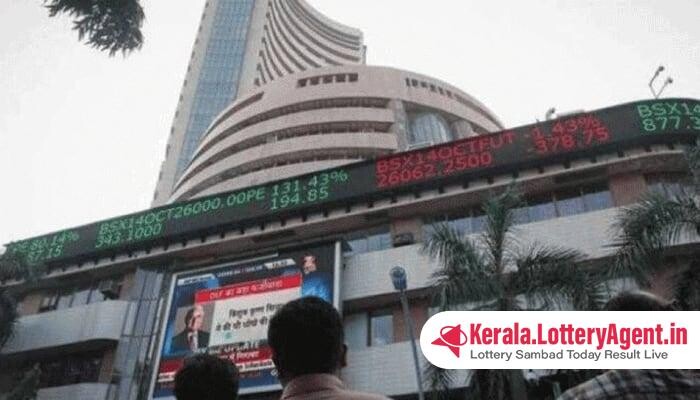
Mumbai’s financial pulse, the equity benchmark indices, experienced a steep decline in early trading on Monday. The BSE Sensex spiraled down by 929.74 points, landing at 73,315.16, while the NSE Nifty saw a reduction of 216.9 points to 22,302.50. The plummet is attributed to the escalating tension in the Middle East and unfavorable tendencies in global financial arenas.
The market was beset by a mixture of foreign capital outflow and the impact of inflation readings from the United States that outpaced market expectations. The repercussions of these developments were evident across the board in the Sensex, with notable declines for prominent companies such as Tata Motors, State Bank of India, Tata Steel, Power Grid, NTPC, Bajaj Finserv, Bajaj Finance, and Asian Paints.
On the flip side, Tata Consultancy Services saw its stock tick up close to 1 percent. The IT conglomerate had just disclosed a net profit surge of 9 percent for the January-March quarter, amounting to Rs 12,434 crore. The growth came on the heels of robust performance in the domestic market even though the company faced hurdles in overseas markets which are key to its business. Similarly, Nestle and HCL Technologies also bucked the trend with gains.
The scene in Asian equities reflected a mixed sentiment, where markets in Seoul, Tokyo, and Hong Kong traded in the red, while Shanghai showed a positive note. In contrast, Wall Street was left reeling after a conclusion of trade in significant lower territories the preceding Friday.
Crude oil prices, often a barometer for global economic health, also saw a slight decline, with the Brent crude standard retracting by 0.17 percent to USD 90.30 a barrel. A pullback by foreign institutional investors was noted, with them offloading Indian stocks worth Rs 8,027 crore, as per the most recent exchange data.
V K Vijayakumar, the Chief Investment Strategist at Geojit Financial Services, flagged several concerns that were contributing to market headwinds. He noted the interplay of factors such as the Middle East conflict renewal, anticipated changes in the India-Mauritius tax accord, and inflation figures from the United States as negative influencers on the market climate. Nevertheless, he pointed out that these factors had been somewhat accounted for, with the market preemptively pricing in the potential of Iranian retaliation and the higher US inflation figures last Friday.
In regulatory news, the Income Tax Department announced on Friday that the recently amended India-Mauritius protocol on a double taxation avoidance agreement (DTAA) was still awaiting ratification and official notification. The amendment, which was inked on March 7, 2024, added a Principal Purpose Test (PPT) to the treaty. This test is designed to combat tax avoidance, ensuring that treaty perks are reserved for transactions with legitimate intentions.
Despite Friday’s downturn, where the BSE benchmark closed lower by 793.25 points, and the NSE Nifty dipped by 234.40 points, there were signs of fiscal easing in other areas. Retail inflation receded to a five-month low of 4.85 percent in March, primarily due to reduced food pricing, signaling an approach towards the Reserve Bank’s 4 percent target. Meanwhile, India’s industrial production growth accelerated to a four-month high of 5.7 percent in February, mainly supported by improvements in the mining sector’s performance, according to released official data.
While the market faced headwinds, the combination of fiscal indicators, corporate earnings, and geopolitical narratives will continue to influence investor sentiment and shape the market trajectory in the days to come.












